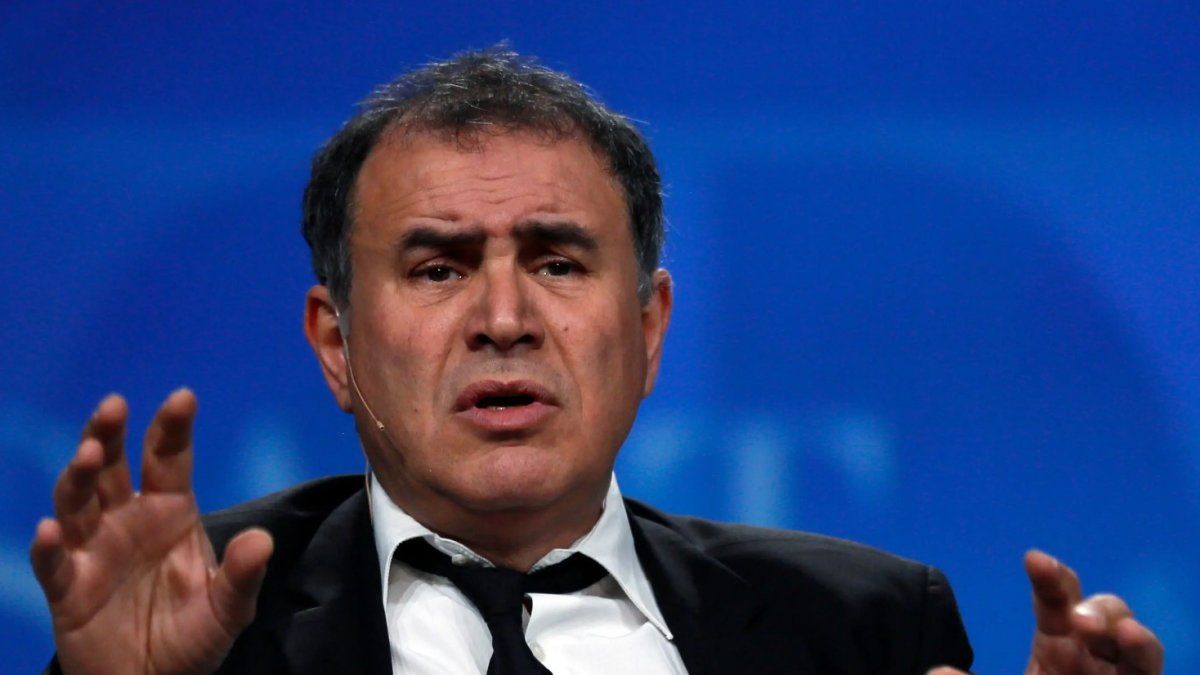gas rise
During the government of Mauricio Macri, between January 2016 and April 2019, the average residential gas bill increased 1,109%, equivalent to an additional $1,020 over the bill at the beginning of 2016. But with Resolution 521/19 of the former Secretary of Government of Energy (SGE) rates were frozen from October 2019 to January 2020. Then, the Government of Alberto Fernández extended it until February 2020.
As a result of the Tariff Emergency established by Law No. 27,541 on Social Solidarity and Productive Reactivation, the freeze was extended until December 2020. In turn, through Decree No. 1020/20, the National Executive Branch determined the start of the Renegotiation of the Comprehensive Tariff Revision in force and extended the tariff maintenance for an additional period of 90 calendar days, or until the new transitory tariff charts resulting from the “Transition Tariff Regime” come into effect.
These measures adopted by the current Government explain a “stagnation” of the increases until the first quarter of 2021 inclusive, when a rate adjustment took place, after almost two years of freezing. In the case of gas, an average increase of 6% was applied as of June 2021.
According to official Enargas data, residential users in the City went on to pay an average monthly gas bill from $1,552 in October 2019 to $2,659 in April 2021, which meant an increase of $1,107 or 71%. But as of March 2022, the Government made another gas increase official through Enargas Resolution 91/22 of an average 20% for households and 15% for SMEs. In short, rates have increased around 91% in the last 28 months.
rise of electricity
According to data from the National Electricity Regulatory Entity (ENRE), between December 2019 and April 2022, the fixed charges of electricity rates for residential users increased 49% for R1 (up to 150 kW) of Edenor and 41 % for those of Edesur; 64.5% for Edenor’s R2 (151-325 kW) and 58% for Edesur; and 60% for the R3 (326-400 kW) of Edenor and 56.4% for those of Edesur.
Meanwhile, in the same 28-month period, the variable electricity charges in the AMBA increased between 32% and 33.8% for the same users of those two distribution companies.
If we talk about electricity bills, the final billing of electricity with taxes included for a typical family with a monthly consumption of 350 KWh (R3) went from $1,506 in May 2019 to $1,689 in the same month of 2021.
In this case, the unfreezing came with an adjustment of 18% on average at the country level and up to 22% in the AMBA, which was ordered by the ENRE last February. Thus, the inhabitants of the city of Buenos Aires and the suburbs began to pay an average of $2,060, which implied an increase of 36% in two years, well below the increase in fuel at the pumps.
increments
that they come
A few days ago, the Ministry of Energy formalized the call for public hearings to discuss the new prices and tariff segmentation of natural gas and electricity services, which will take place between May 10 and 12 next. According to official sources, the 10% of residential users of gas and electricity services with the greatest ability to pay will no longer receive the benefit of the energy subsidy starting next June.
In this way, for the majority of residential users of Edenor and Edesur -excluding those who are beneficiaries of the social rate- electricity bills would have an average correction of 17%. For its part, this average correction for the majority of gas users in the country will be 21.5%, with slight variations according to the regions. With these adjustments, the level of increase in gasoline and diesel is not reached either.
Source: Ambito
David William is a talented author who has made a name for himself in the world of writing. He is a professional author who writes on a wide range of topics, from general interest to opinion news. David is currently working as a writer at 24 hours worlds where he brings his unique perspective and in-depth research to his articles, making them both informative and engaging.




